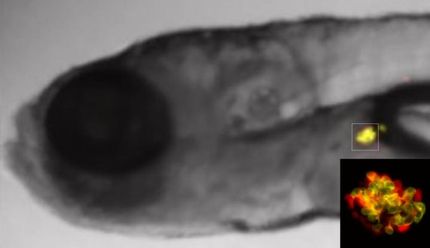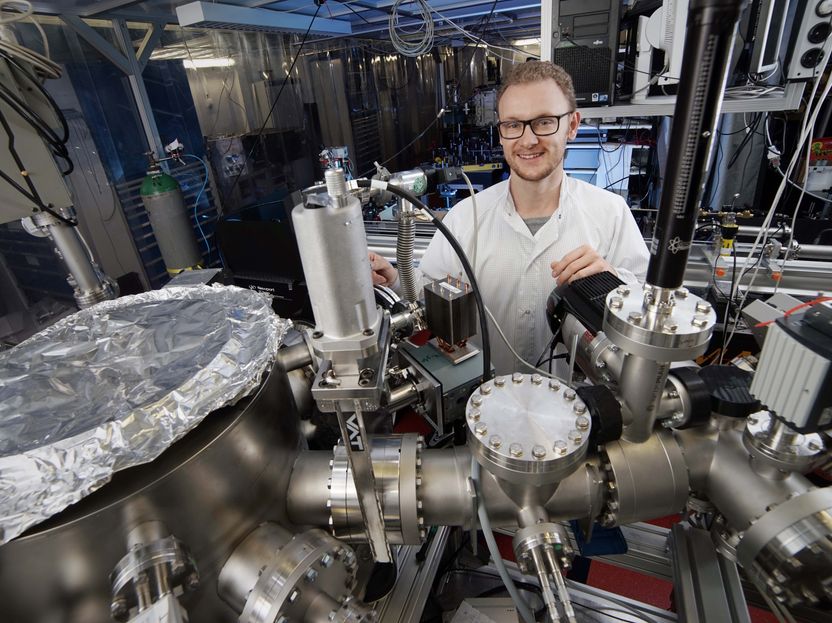Trends in the diabetes drug pipeline 2008
Increasing prevalence of diabetes and an attractive market foster intense efforts in improving existing approaches and exploring new treatment modalities
La Merie S.L. conducted an analysis of the diabetes drug product portfolios and R&D pipelines of more than 160 companies. The study revealed a successful substitution of rhu insulin by insulin analogs with a combined 2007 market of US$ 10.2 bln and a strong focus in research on orally available insulin preparations following traditional long-acting drug delivery approaches. A similar trend was observed for GLP-1 analogs, one of the two incretin mimetic approaches apart from DPP-IV inhibitors. The two approved drugs in the incretin mimetic group achieved 2007 sales of US$ 1.4 bln with strong growth in 2008. Both approaches have a rather filled clinical pipeline with fierce competition.
PPAR agonists posted 2007 sales of US$ 6.6 bln representing a maturing market with next generation dual agonists in clinical development, but a rather empty research pipeline. The next class of novel oral antidiabetics are SGLT inhibitors with representatives in phase III clinical development. However, a high clinical stage drop out rate reflects the difficulties with this approach. First generation cannabinoid 1 (CB1) antagonists are loosing attractiveness due to psychiatric side effects. This opens the opportunity for next generation CB 1 antagonists which only act peripherally. Major approaches among novel oral antidiabetics are glucokinase activators, 11-beta HSD inhibitors and AMPK activators. The preservation of pancreatic beta cell mass and function is gaining importance and momentum in diabetes drug R&D. These results and more were found in the search conducted by La Merie Business Intelligence.
Diabetes is one of the most challenging health problems of the 21st century. It is estimated that today around 194 million people suffer from diabetes (more than 85 % have type 2 diabetes). Forecasts predict that the prevalence of diabetes will rise to almost 333 million by the year 2025. The 2007 market of major branded diabetes drugs was more than US$ 18 bln with a variety product categories (proteins, peptides, small molecules). The pipeline exists of more than 50 different approaches. Stakeholders in diabetes R&D are established pharmaceutical companies as well as specialty companies for drug delivery approaches, genetic engineering, cell therapy and immune therapy by vaccines or antibodies.
Other news from the department business & finance
Most read news
More news from our other portals
See the theme worlds for related content
Topic world Antibodies
Antibodies are specialized molecules of our immune system that can specifically recognize and neutralize pathogens or foreign substances. Antibody research in biotech and pharma has recognized this natural defense potential and is working intensively to make it therapeutically useful. From monoclonal antibodies used against cancer or autoimmune diseases to antibody-drug conjugates that specifically transport drugs to disease cells - the possibilities are enormous

Topic world Antibodies
Antibodies are specialized molecules of our immune system that can specifically recognize and neutralize pathogens or foreign substances. Antibody research in biotech and pharma has recognized this natural defense potential and is working intensively to make it therapeutically useful. From monoclonal antibodies used against cancer or autoimmune diseases to antibody-drug conjugates that specifically transport drugs to disease cells - the possibilities are enormous


























































